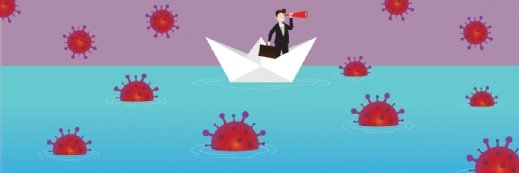
Getty Images
CDC Identifies Additional E. Coli Infection Cases
On August 19, 2022, following previous reports of infection, the CDC identified eight additional E. coli infections across four states.
A recent Escherichia Coli (E. coli) outbreak was found after people in Michigan and Ohio reported symptoms of illness. While monitoring the outbreak, the CDC identified eight additional cases of E. coli infection on August 19, 2022, for a total of 37 cases during this outbreak. The new cases also appeared in two other states: Pennsylvania and Indiana.
Symptoms of E. coli infection include diarrhea, bloody stools, fever, dehydration, and vomiting. Some E. coli bacteria release Shiga toxins — toxins that trigger the body’s visceral response to the bacteria.
Infection symptoms typically appear within four days of bacterial ingestion. Most of the infected population’s symptoms will resolve on their own within one week.
According to the CDC, “Sick people range in age from 6 to 91 years, with a median age of 21 years, and 62% are male. Of 24 people with information available, ten have been hospitalized. Among the ten people who have been hospitalized, three people in Michigan have developed a type of kidney failure called hemolytic uremic syndrome. No deaths have been reported.”
It is thought that this outbreak began with lettuce from Wendy’s as infected people from Ohio, Michigan, and Pennsylvania reported feeling ill after eating at Wendy’s. Despite this, the CDC does not know exactly which food source is the cause of this outbreak.
“Investigators are working to confirm whether romaine lettuce is the source of this outbreak and whether romaine lettuce used in Wendy’s sandwiches was served or sold at other businesses. Wendy’s is fully cooperating with the investigation,” stated the CDC website.
The CDC advises people who have symptoms of E. coli infection to monitor and record what they ate the week before they began to feel sick. Additionally, patients experiencing symptoms should seek help from a licensed healthcare professional to confirm the diagnosis.
Those who are sick or have symptoms of E. coli infection are urged to report their symptoms to local and state health departments. Cooperation and information provided by infected individuals may help prevent the further spread of the illness and pinpoint the source of this outbreak.
Finally, while the CDC is not advising against eating specific products, they recommend regular hygiene strategies and food safety practices. Food safety practices include washing fruits and vegetables well under running water, cooking meats thoroughly, avoiding cross-contamination, and avoiding raw or unpasteurized dairy products and juices.




